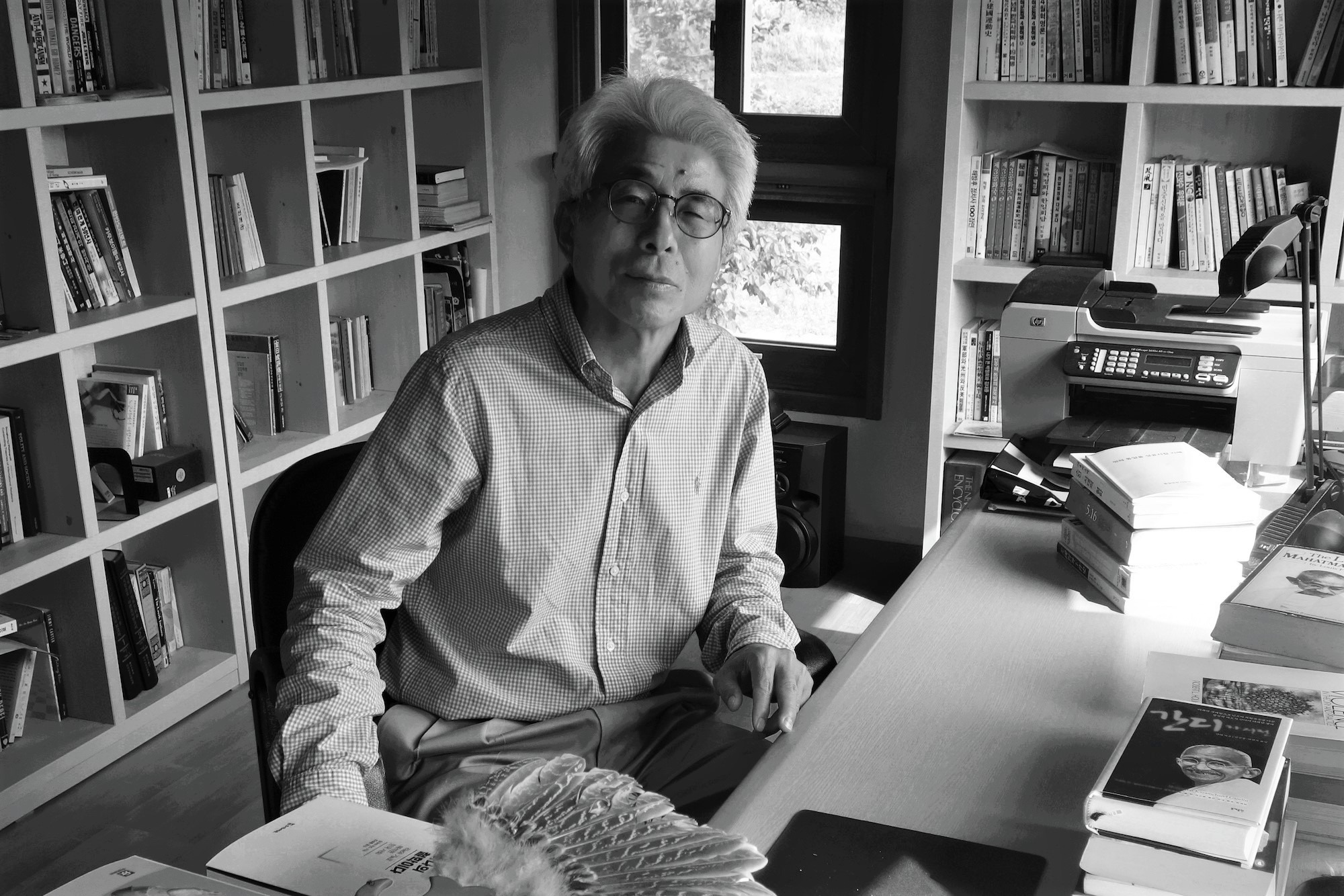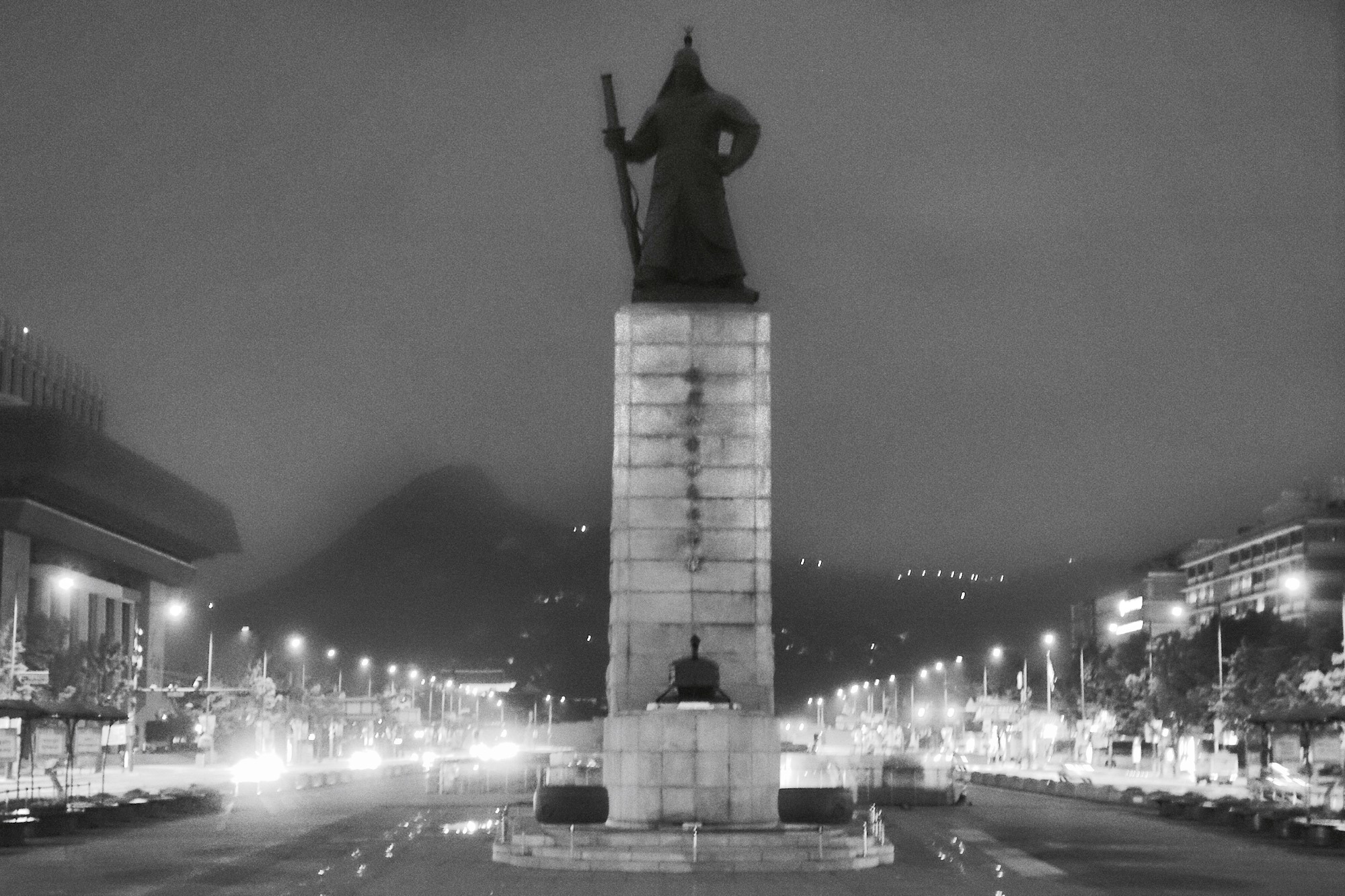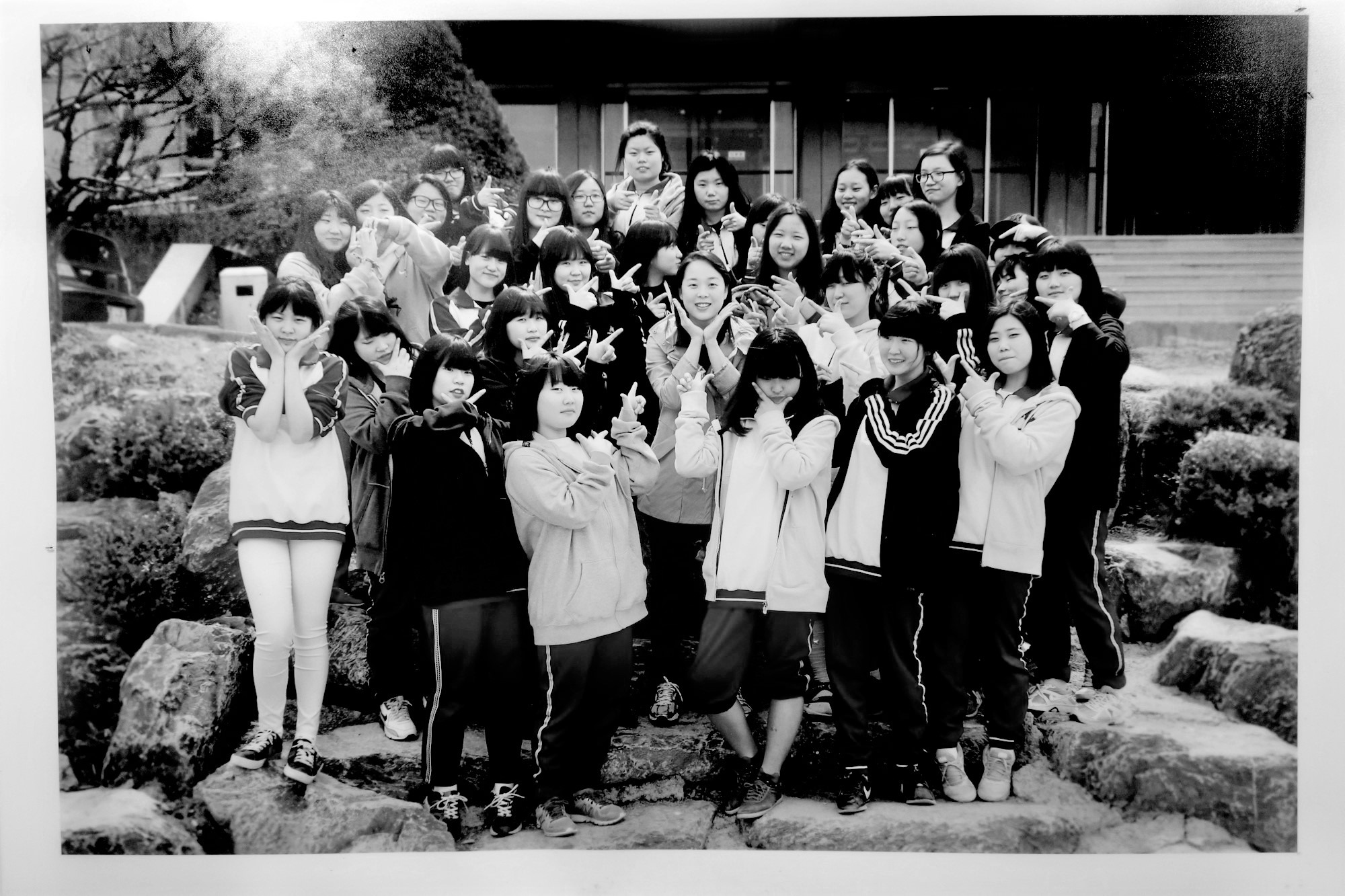
Robert Kowalczyk
This interview with Lee Jae-bong, a Professor of Peace Studies of Wonkwang University, South Korea, was conducted in the early afternoon of June 12, 2018 while the United States-North Korean Summit was taking place in Singapore.
Would you please express your overall view of the significance of the Singapore Summit, which is being conducted as we speak?
The Singapore Summit meeting between Donald Trump and Kim Jong-un is a truly historic moment. As you know, the relationship between the U.S. and North Korea has been very antagonistic for 70 years, since 1948 when the North Korean government was established. The Korean War was fought from 1950 to 1953 and what followed was very abnormal. Although the heavy fighting ended at that time, legally it never stopped, with tensions, constant threats, and deadly incidents continuing for the past 65 years. Therefore, what is happening at this moment is a deeply meaningful chapter in the relationship between North Korea and The United States. We must remember that this is a first meeting and that it will take time for the creation of a true peace treaty.
What is your view of Moon Jae-in, President of South Korea?
Moon Jae-in became president in May of 2017. During his campaign, I was not very satisfied with him because he did not seem very strong and did not show much leadership. However, since the Winter Olympics at Pyeongchang, I’ve made a revaluation and find his leadership quite wonderful, particularly his role as a mediator. He’s very polite, thoughtful, and at times very courageous in his hope to restore peace and move towards reunification on the Korean peninsula.
And Kim Jong-un?
Many people have said he is too young, being in his thirties. Yes, he is young, but that is not so important. Kim Jong-un has been in his position for seven years. Both Moon Jae-In and Donald Trump have been in their roles for less than two years. Kim has now become strong enough to control his country. As for his policy, it appears very good.
His father practiced what he termed, songun chungchi, which means a military first policy. Which was not really the communist way, for in true communist policy the labor party must come before everything else. However, his son, Kim Jong-un, from the beginning expressed a policy of pyongjin chulyak, meaning that both military and the economy must be achieved together. So they continued to build up their weapons and develop their missiles until the end of last year when they announced that their military buildup was now completed. The expressed policy now is focused on the economy, known in the north as kyongje jeiljuui. This is why he asked President Trump for a meeting. All of this is the reason why I trust Kim Jong-un’s sincerity. He has gradually been moving in this direction from the beginning of his rule.

How do the sanctions that were imposed by most countries, including China and Russia, play a role in that invitation?
Concerning those sanctions, let’s look at the wider situation from three quite different angles. From the position of President Moon, without his mediation and diplomacy, this summit could not have been possible. From Kim Jong-un’s side, if he had not completed the nuclear buildup, he would not have been able to initiate his invitation. That had to come first. Looking at the U.S., if the sanctions that Trump imposed were not successful, Kim Jong-un would not have invited Trump to meet with him. That unusually fortunate chemistry is what has led to today’s summit. Therefore, each of them needs to be congratulated for playing their own unique role. None of them could have achieved this alone.
What are your thoughts on Donald Trump?
During his campaign, he was criticized from both inside and outside his party. At that time, I felt and expressed my opinion that for world peace Trump would be better than Hillary Clinton. Of course, I was criticized very strongly. Everyone feels that Trump is against people of other races, against women, against religion. He was, and still is, very controversial and therefore widely disliked, of course. However, the reason why I was in favor of him was due to his isolationism as opposed to Hillary Clinton’s internationalism, with an inevitable strong intervention in the policies of other countries. Even though he has been called a racist or misogynist, I felt that during Trump’s administration, the chances of war would be lessened due to his isolationist stance. I believed, and believe even more so today, that unless the U.S. is threatened from the outside, Trump will never resort to war.
Many have called him a “madman,” perhaps particularly here in South Korea, and especially among socially engaged individuals and groups. I replied to them that he is not mad at all; he is a skillful negotiator and able businessman.
He may have a “madman” theory or strategy, like brinkmanship or tactics that are seen in game theory, in order to accomplish his goals, but I don’t believe he’s insane. North Korea has been accused of the same strategy. So Trump and Kim seem to understand the game that each of them is playing very well. Trump simply wants to get more from North Korea than he will give to North Korea. That’s all that’s on his mind.
As is often said, the aim of all foreign policy is to do the best for one’s own country. For Trump, however, I doubt that is true. He is thinking about his private interest. He has numerous scandals that he is attempting to cover up, scandals that he is being threatened by, and is simply trying to escape from impeachment. In order to do so, Trump has one eye on the November election and one eye on Oslo in December. If his party is successful in the elections and if he wins the Nobel Peace Prize, all talk of his impeachment will fade if not disappear completely. In that way, he has to make negotiations with North Korea successful.

Will there be much dissent in South Korea against a peace agreement?
The extreme right wing of politicians and journalists are against the meetings of North and South and those with the United States. With the current peace negotiations and peacebuilding on the Korean peninsula, their positions have become very weak, as they want neither peace nor unification. Of course, they have become very angry and are trying to find ways to proceed back to power.
How about the corporations, the chaebol, and the South Korean military?
The major Korean corporations are in favor, as they simply want to make more money. Naturally, the military is highly reluctant and suspicious. Of course, this is common sense, as the importance of its role will be greatly lessened. More widely viewed, the so-called military-industrial/corporate complex will be strongly against all of this. Not only in Korea but also throughout the world.
And the dissent towards peace in North Korea?
In North Korea, the situation is very similar. However, in North Korea the military plays a much larger role than in any other country of the world. Nevertheless, in the closed system that they have, there can be no opposition to state policy, particularly to Kim Jong-un. So Kim is very careful in managing the military and its leaders. Even though they are very strong, they cannot initiate a coup d’état or show any opposition or protest to what has been decided at the top. These are the facts of the situation in the north.
How would the United States show a dissent?
As for the United States, of course the Democratic Party is in opposition to Trump’s policies, but that seems to be mostly for elections, which are to keep American citizens satisfied. Domestic and social issues strangely seem to them to be much less serious than the use of nuclear weapons. However, from the view of the military-industrial/corporate complex there will be a very serious problem. I do not believe it will be easy to appeal to them.
What do you think will happen with the approximately 23,000 U.S. military troops that are now stationed in South Korea?
The United States military does not want to withdraw its troops from Korea or anywhere else. However, I think North Korea will accept that status. The U.S. may offer to withdraw its forces, but I believe Kim Jong-un will reply that such a withdrawal is not necessary.
North Korea has an interesting historical policy of playing a balancing act between major powers. In the 1960’s, they balanced themselves very well during the conflict between China and Russia, two large socialist countries with an ideological struggle between them. This eventually developed into a military confrontation at their border, and during this period North Korea kept an equal distance between them. Both had been beneficial to North Korea, so it had to remain neutral.
Now, in the conflict between the United States and China, I believe they will use the same neutrality. Although China most likely does not want U.S. troops on the Korean peninsula, North Korea may take a neutral position and simply not insist that they leave. Perhaps the only change is that the North will demand the cessation of joint military exercises in the south. I believe this will be one of their conditions, which of course is related to China.
How do you see China’s view of the situation?
China is somewhat embarrassed and dissatisfied with North Korea. If a declaration of ending the Korean War becomes a reality, the Chinese might be excluded. However, that would be another embarrassment for China, as they feel that they should be included. At the end of the hostilities in 1953, China, North Korea and the United States, representing the U.N., signed a truce or armistice. However, South Korea refused to sign. China, who was one of the mediator’s for peace in the past has been replaced by South Korea. Based on both historical facts and current realities, China should be one of the four countries to sign a peace treaty. However, it seems that they may be left out. This may be a great mistake. Russia and Japan might not be included, but China should be.
Can you please comment on what you see as Japan’s perspective?
The Japanese perspective is very interesting. Prime Minister Abe must be very embarrassed about this turn of events simply because Japan theoretically should now pay compensation to North Korea for Japan’s 35 years of colonial rule. In 1965, Japan and South Korea normalized diplomatic relations under pressure by the United States, and Japan had to pay $500,000,000 for reparations to the South Korean government. Now, if there is a normalization of relations between Japan and the North, a much larger amount including interest is seemingly due to North Korea.
On top of that Pyongyang may ask for reparations from the Korean War. This is one of the reasons that Trump openly declared that U.S. money would not be given to North Korea, he expects South Korea and Japan to do that. Actually, the U.S. will be using the World Bank and IMP to do the monetary work for them in North Korea. There will be no direct money given to Pyongyang by the U.S. government.
So what will Japan actually do?
They certainly will not pay for war reparations. For a deeper understanding, we need to look at the history of Japanese diplomatic relations. Although the U.S. surprised Japan by suddenly working towards relations with the China in February 1972, with the so-called Shanghai Communiqué, both countries took seven year to normalize relations in early 1979. Japan was quite different. After being taken off-guard, they quickly established relations with China in September of 1972. The same situation happened regarding Vietnam, Japan was quick to normalize relations compared with the U.S. I think their agreement with North Korea may be the same.
Japan will not wait until other countries begin to make corporate inroads in North Korea. Therefore, Japanese compensation will be done in terms of investment. Of course, the main issue will be solving the problem of past North Korean kidnappings of Japanese citizens. Without that, Japan will not normalize relations nor change its attitude towards North Korea. So that must be a part of the agreement in some way.
What are your thoughts on the global perspective of the Singapore Summit?
I believe what is happening at this moment is very important for world peace.
The most anti-American country in the world has long been North Korea. Pyongyang and Washington have been hostile towards each other for as long as 70 years. Once North Korea shows that it has dismantled its intercontinental ballistic missiles (ICBMs) and its capacity to build new ones, that hostility will finally disappear. The U.S. does not really want more than that. Today’s talks in Singapore are just the first steps, more will quickly follow in that direction.
Although the Middle East is a very complicated and equally dangerous problem and will remain so for some time, the solution being worked out on the Korean peninsula will be a highly positive model for world peace. The U.S. and the hostilities in Iran, Iraq, Afghanistan, Syria and elsewhere are comparatively recent and the situation is much more multi-faceted, but what is happening in Korea is an example of not only what can happen but also what must happen elsewhere.
Finally, can you say a few words about South and North Korean unification?
What is the exact meaning of unification? One government? One system? One ideology? I don’t think any of these are possible in the near future.
The first step of the South’s unification policy is reconciliation and cooperation with the North. I think this is enough, which can be called de-facto unification. If we go further, the status will be somewhere between confederation and federation.
So for me, unification means de-facto unification: Two different systems with two different ideologies, under two different governments. That can be called unification. This will be taking place in the near future, I’m quite sure.
North Korea will follow both the Chinese and the Vietnamese models, which were done very gradually and have seen little inner turmoil or dissatisfaction. Kim Jong-un has expressed this publicly on many occasions. North Korean citizens are now looking forward to this promise for their future, as are we in the south.
In memory of the M.V.Saewol Ferry Disaster (April 16, 2014)
The disaster and lack of governmental response initiated a nation-wide street protest against the conservative government of President Park Gun-hye, thus ushering in the presidency of Moon Jae-in, which in turn led to warming of relations between the south and the north.


The prior two images were taken at Gwangwhamun, Seoul at 4:30 am on September 14, at and near a memorial to the 304 passengers, mostly secondary school students, and crew who died. The final image is of a spotlight on the street in commemoration of the tragedy.
In English, the spotlight reads, “We won’t forget.”
Lee Jae-Bong has been a professor of political science at Wonkwang University, Iksan, Korea, since 1996. He has taught and written on peace studies, international relations, North Korean politics, American politics, and Chinese politics. His current research topics include: North Korean politics and unification issues, American foreign policy and Korean-American relations, and American-Chinese relations. Drs. Lee and Johan Galtung are the co-authors of Korea: The Twisting Roads to Unification, Transcend University Press.
Original article found at Transcend Media Service: https://www.transcend.org/tms/2018/06/reflections-on-the-donald-trump-kim-jong-un-singapore-summit/comment-page-1/

Robert Kowalczyk was professor and chair (retired) of the Department of Intercultural Studies at Kindai University, Osaka, Japan. He has taught, written on and coordinated a wide variety of projects in the intercultural field, and is currently the international coordinator of Peace Mask Project. Robert has also worked in cultural documentary photography and has portfolios of images from Korea, Japan, China, Russia and other countries. He has been a frequent contributor to Kyoto Journal and is a member of the Transcend Peace Network.
All images by Robert Kowalczyk